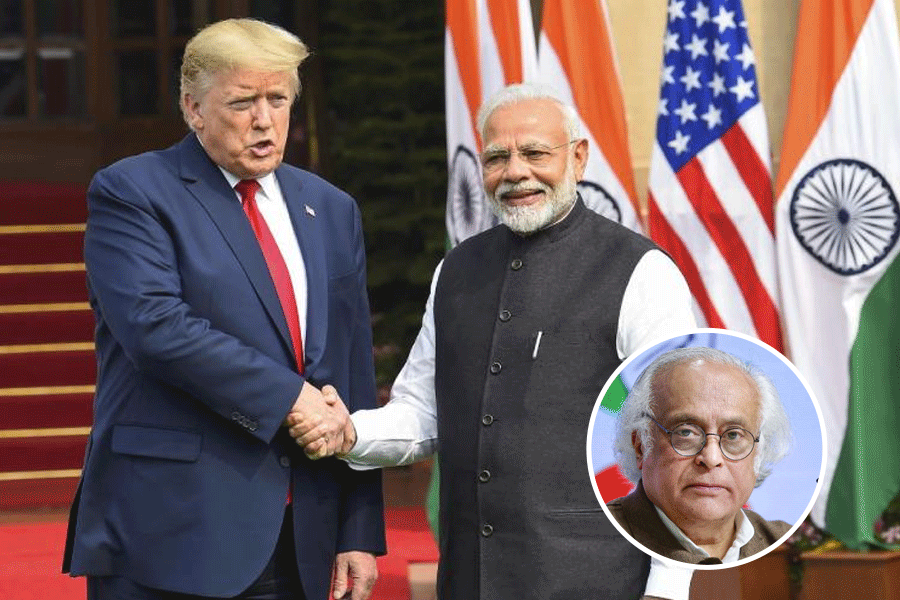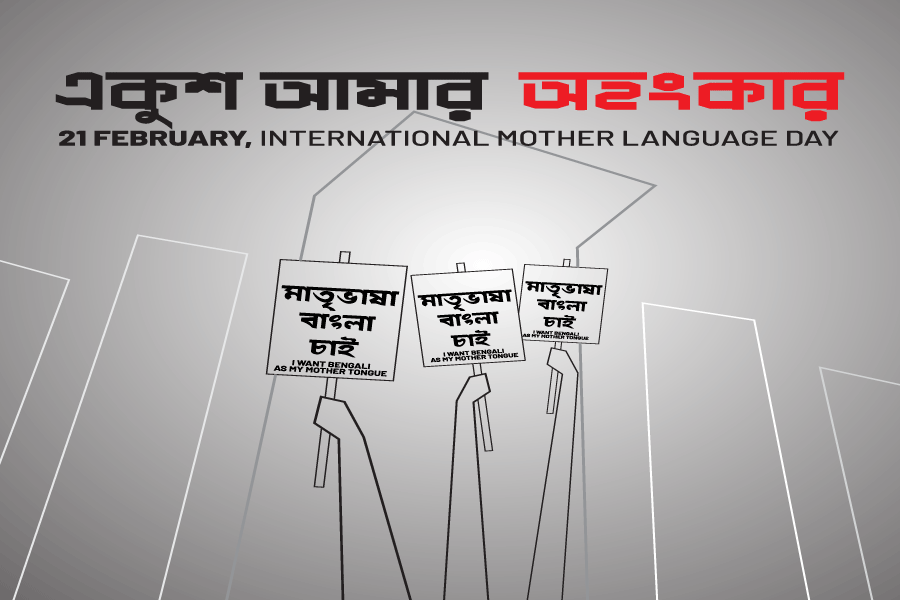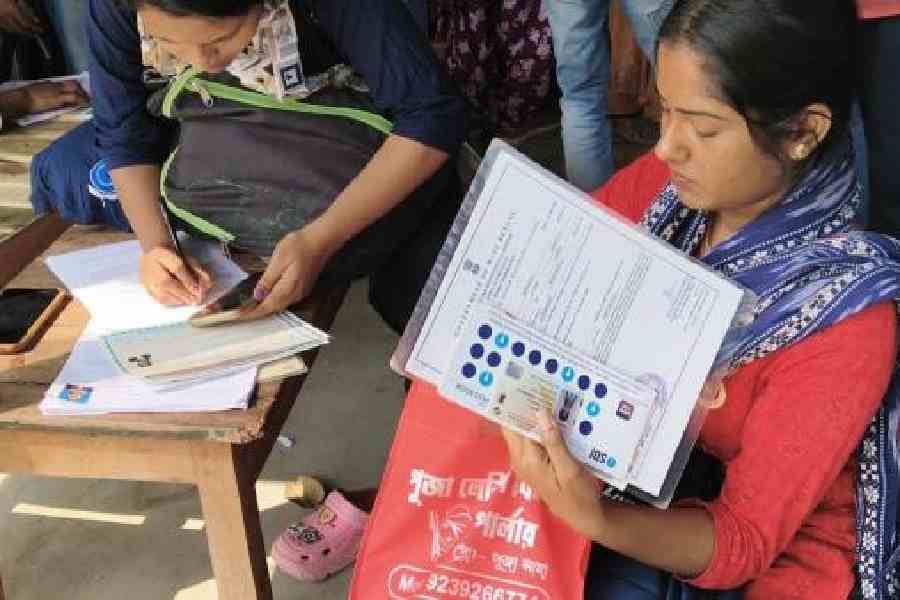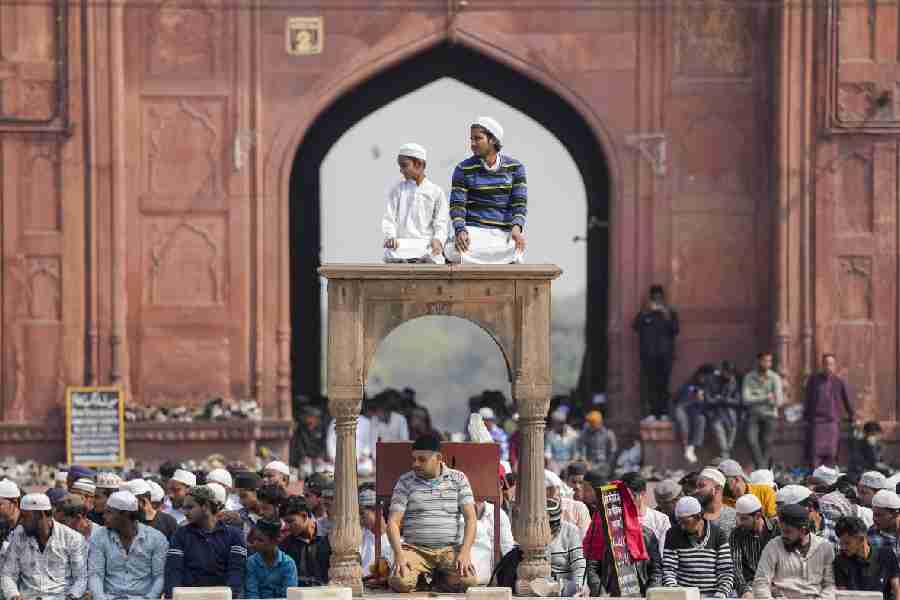Love is blind. Is this why Delhi University is trying to open the eyes of those in love? The university is launching a general elective course titled ‘Negotiating Intimate Relationships’, which aims to help young people deal with romance, friendship, jealousy, heartbreak and so on. While a university course on romance may seem like an odd idea, the logic behind starting this course is not trivial. The university felt that the rising cases of crimes among teenagers and young adults in relationships prompted by jealousy warrant such an intervention. The instances cited by Delhi University are indeed concerning. This year alone, 21-year-old Komal, 19-year-old Vijaylaxmi and 18-year-old Mehek were all brutally murdered by their partners in fits of jealousy and, in 2022, 27-year-old Shraddha Walkar was killed and dismembered by her live-in partner. In fact, love affairs with bitter endings were the third-biggest triggers of murders in India in 2022, according to the National Crime Records Bureau. In light of this, young Indians perhaps do need lessons in how to negotiate relationships and heartbreaks in these modern, complex times.
Yet, murderous partners are not the only peril faced by lovers in India. Be it the family or the State, caste, religion or gender, the barriers that love has to cross in a country as stratified as this are numerous. So a course that proposes to teach youngsters about relationship red flags needs to be sensitive to not just crime but also the other impediments to love. Consider the shocking case of Sonam Raghuvanshi that now has India in thrall; she has been accused of murdering her husband after she was forced into a marriage with him because the man she loved belonged to a different caste. No less than the chief justice of India has pointed out in the past that hundreds of couples are killed each year for marrying outside their caste. A university course on intimate relationships thus cannot afford to ignore hostile families and communities — the consequence of embedded social differences — when it comes to conceiving of a course on intimacy and its challenges. Moreover, the personal, as always, is political. Academic deliberations on love need to acknowledge the culpability of the State and its institutions. Although protection to interfaith and inter-caste couples is mandated by law, there are numerous instances of the police and even the court turning down pleas for help from such star-crossed lovers.
And what of the Othering of love through many intrusions? Same-sex couples and their intimacies still await legal recognition. The bogey of love jihad — even though the government has admitted in Parliament that there is no data to support this phenomenon — is being used to demonise interfaith unions. Gujarat and Uttar Pradesh even have laws to prohibit love jihad. Uttarakhand, meanwhile, has demanded that live-in partners register themselves with the authorities in a blatant violation of their privacy.
Delhi University’s proposed course on love is timely and welcome. But it must acknowledge the existence of the many demons love faces in India.










